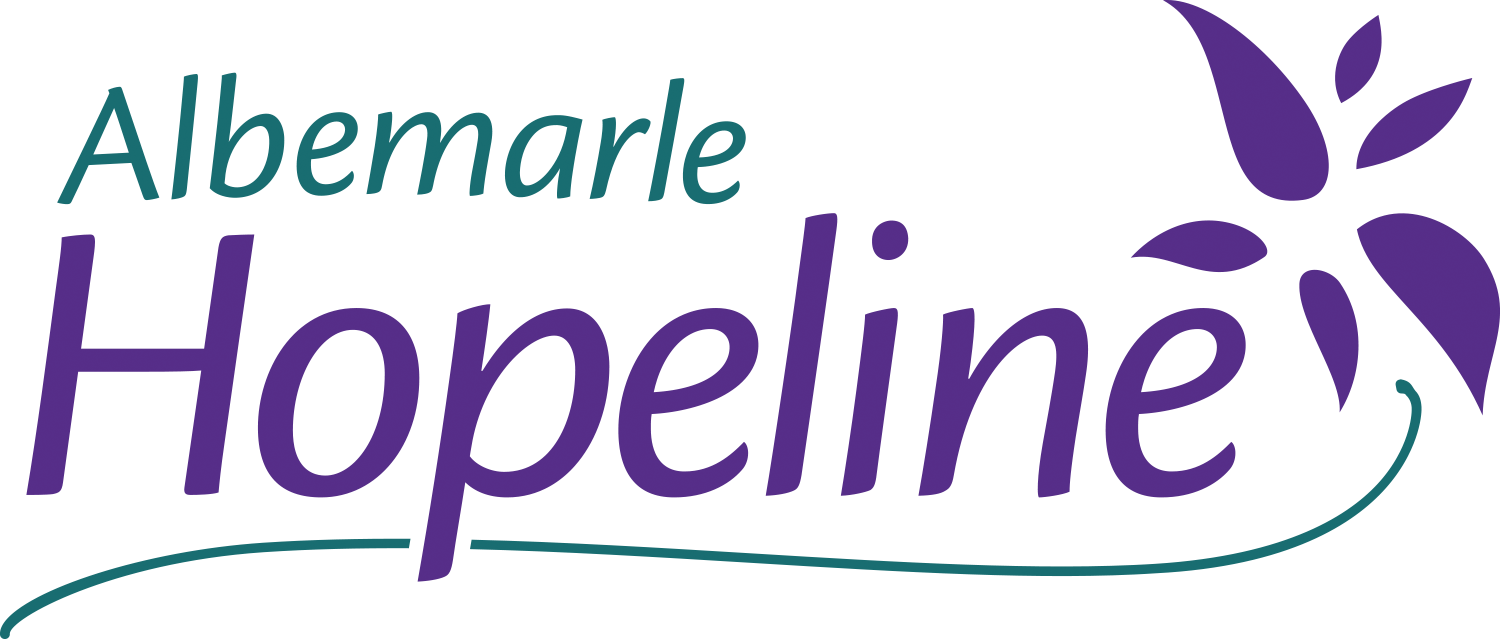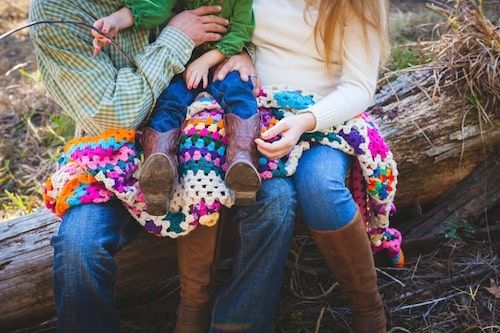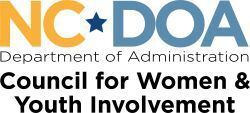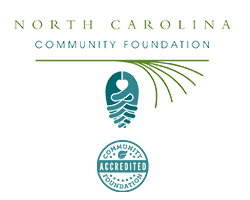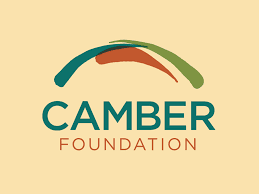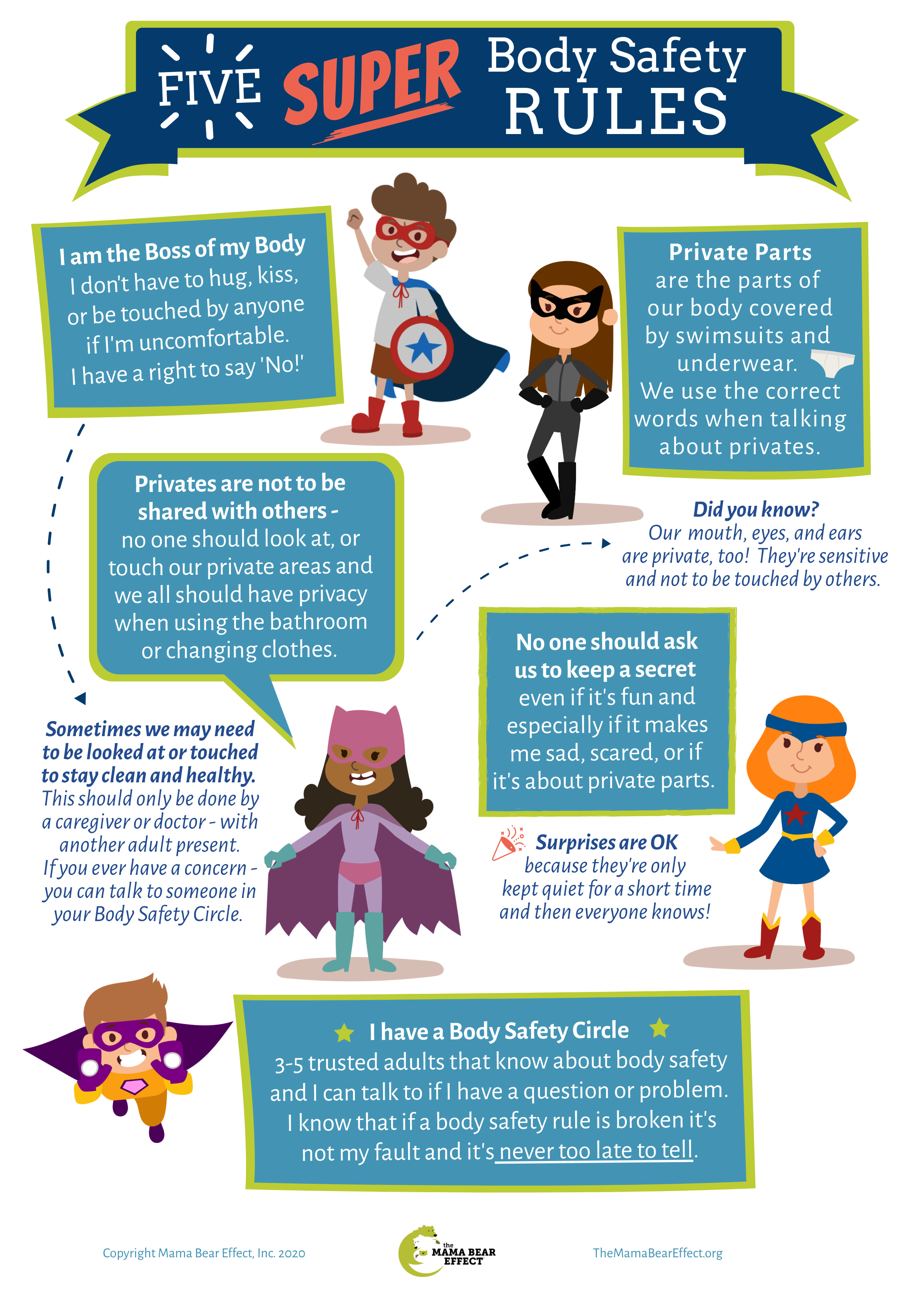
Sexual abuse affects one in ten children, although most do not tell about their abuse until adulthood, if ever. The trauma of child abuse can lead to many challenges in life, including an increased likelihood of experiencing interpersonal violence or sexual assault as an adult. Although child sexual abuse can be a difficult subject to talk about, it is imperative that adults be aware of the dangers and take steps to protect the children in their lives.
A vital first step is understanding where the dangers lie. While media may embellish the idea of “stranger danger” and child abduction, the vast majority of abuse is committed by someone who is known to, and trusted by, the child and their caregiver. Predators usually groom adults first to gain their trust. Child molesters are very socially skilled, and work hard to maintain a good reputation and high level of trust from other adults so that if their victims ever tell about the abuse, they won’t be believed. Caregivers need to be vigilant about who has access to their children, and watch for warning signs of grooming behaviors both in-person and online. Warning signs include an adult showing a child extra attention, making attempts to isolate them, not respecting their boundaries, giving gifts, and testing a child’s reaction to inappropriate touching. If an adult seems to have more interest in spending time with a child/ren than with other adults, that is a red flag. It is also important to remember that inappropriate touching and even abuse can also happen between children.
Another important prevention tool is teaching children body safety rules. Caregivers should have conversations about body safety on an ongoing basis, not aim for a “one and done” talk. This will help children to know it is safe to talk about these subjects, and they will not be shamed for asking questions or sharing about things that have happened to them. Discussing body safety can be done in an age-appropriate way that does not discuss sexual topics directly. Body safety rules should include information about safe and unsafe touching, keeping secrets, and what to do if someone breaks body safety rules. A great suggestion is creating a list of trusted adults that a child can talk to if someone breaks the rules- children are not always comfortable disclosing to a parent, so the more options, the better.
To help children understand that they are in control of their own bodies, caregivers should also encourage body autonomy and practice consent. Examples include asking permission of a child before initiating physical contact (“May I give you a hug?”), and allowing children to choose when and how they show physical affection (“Would you like to give Grandma a kiss?”). Respect children when they do not want to be touched, or photographed. Setting this example may make them more likely to stand up for themselves if someone else tries to touch them inappropriately.
Child abuse can cast a shadow that lasts a lifetime. Albemarle Hopeline offers free, confidential counseling services for adult survivors of childhood abuse, and Kids First, Inc., our local Child Advocacy Center, provides services to children who have experienced abuse or neglect.
Additional resources for more information:
www.kidsfirstinc.org – our area’s local Child Advocacy Center providing intervention for children who have experienced abuse or neglect, as well as training for the community
www.themamabeareffect.org - has excellent suggestions on how to “Rock the Talk,” as well as printables.
www.d2l.org – Darkness to Light offers excellent resources and training on child sexual abuse prevention
